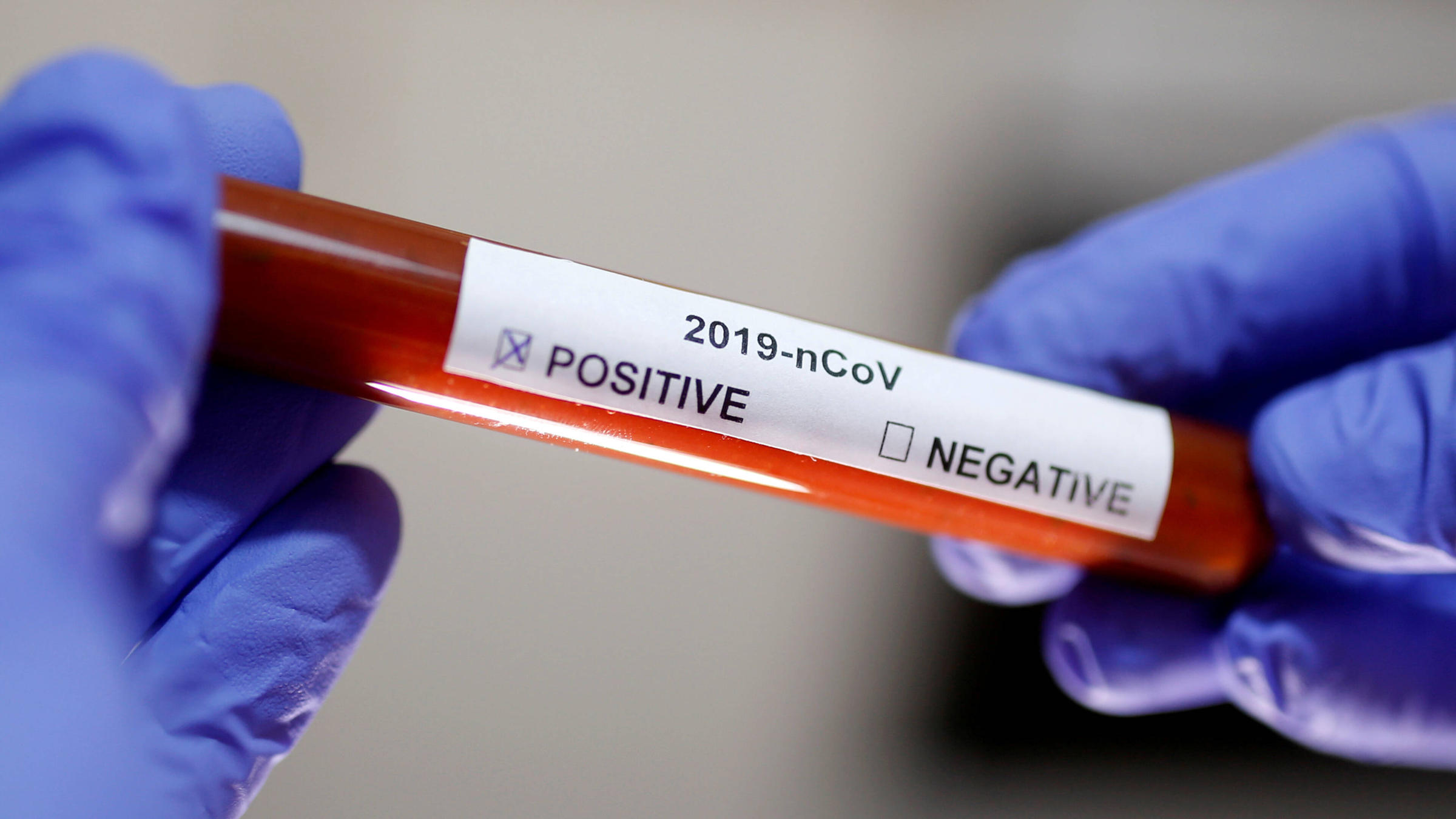How long will COVID-19 immunity really last?
– Study shows humans can get re-infected with weaker coronaviruses after just 6 months COVID-19 survivors may only be protected from reinfection for six months, according to a study which casts doubt over the prospect of long-lasting immunity. University of Amsterdam researchers followed 10 volunteers for 35 years and tested them every month for four […]

– Study shows humans can get re-infected with weaker coronaviruses after just 6 months
COVID-19 survivors may only be protected from reinfection for six months, according to a study which casts doubt over the prospect of long-lasting immunity.
University of Amsterdam researchers followed 10 volunteers for 35 years and tested them every month for four seasonal and weaker coronaviruses, which usually cause mild illnesses similar to the common cold.
They found those who had been infected with the strains — from the same family as SARS-CoV-2, the type that causes Covid-19 — had “an alarmingly short duration of protective immunity”.
Levels of antibodies, substances stored by the immune system to allow the body to fight off invaders in the future, dropped by 50 per cent after half a year and vanished completely after four years.
By studying how people recover from viruses from the same family as the one that causes Covid-19, the scientists say their research is the most comprehensive look at how immunity might work for the disease that emerged in China last year.
But scientists are still unsure whether people can catch the disease more than once because the virus — estimated to kill around 1 per cent of all infected patients — has only existed in science for six months.
The latest study, which suggests that immunity to COVID-19 will last for a similar time as the protection given from a flu jab against seasonal influenza, did not reveal if the patients suffered less severe bouts of illness after being re-infected.
It comes after the boss of British pharma giant AstraZeneca yesterday claimed the experimental Oxford University Covid-19 vaccine it is manufacturing will be able to protect people from catching the disease for a year.
There were a total of 132 coronavirus infections during the 35 years, with participants catching the viruses between three and 22 times each.
The most frequent reinfection time was a year — but there were three cases of reinfection as early as six months and two at nine months.
The majority of participants caught the viruses during the winter, when there are much higher levels of viruses circulating in populations.
Because these are seasonal coronaviruses, they usually fade out during the warmer months and re-emerge in winter, which may explain why the most common reinfection time was after 12 months.
People stay indoors more during the colder months, where it becomes much easier for viruses to spread between groups.
And the hot air makes it difficult for viruses to spread through the atmosphere in summer.
Therefore the researchers believe antibody levels are a better way to predict how long immunity lasts.
The study found patients lost 50 per cent of their coronavirus-specific antibodies after six months, 75 per cent after a year and 100 per cent after four years.
– Culled from Mail Online
